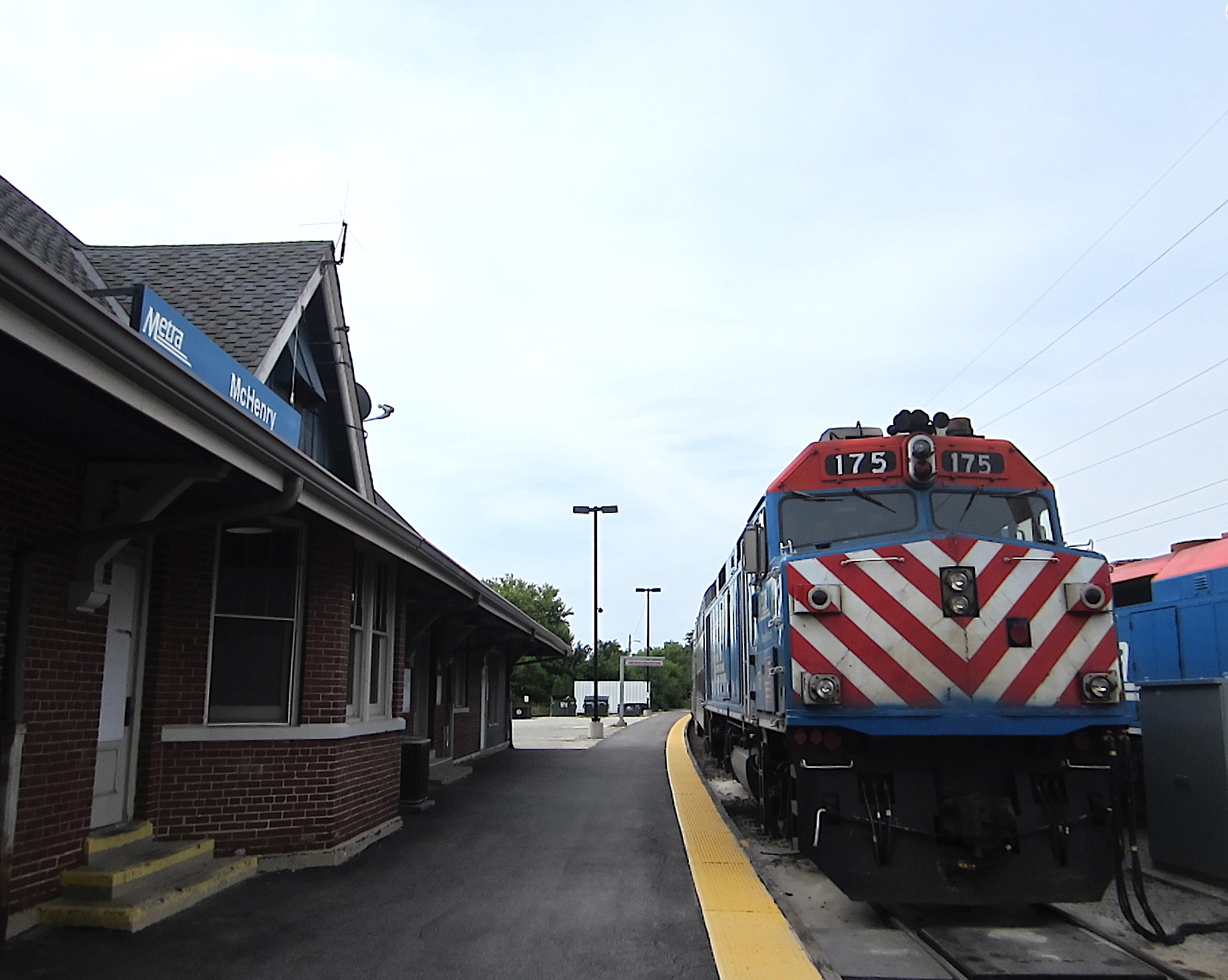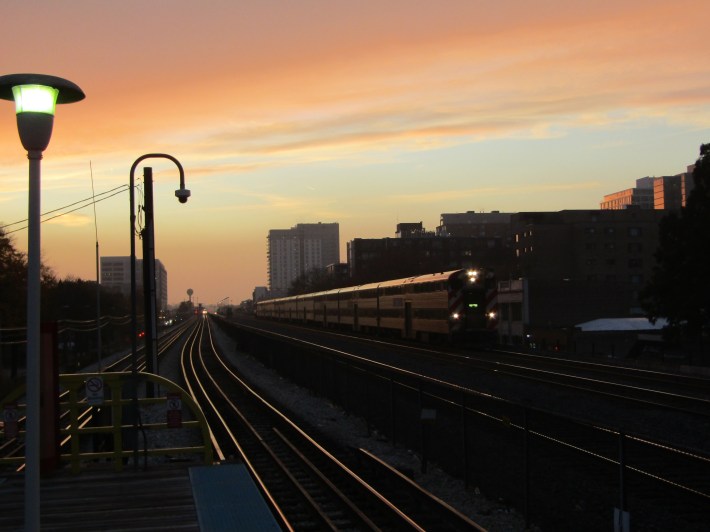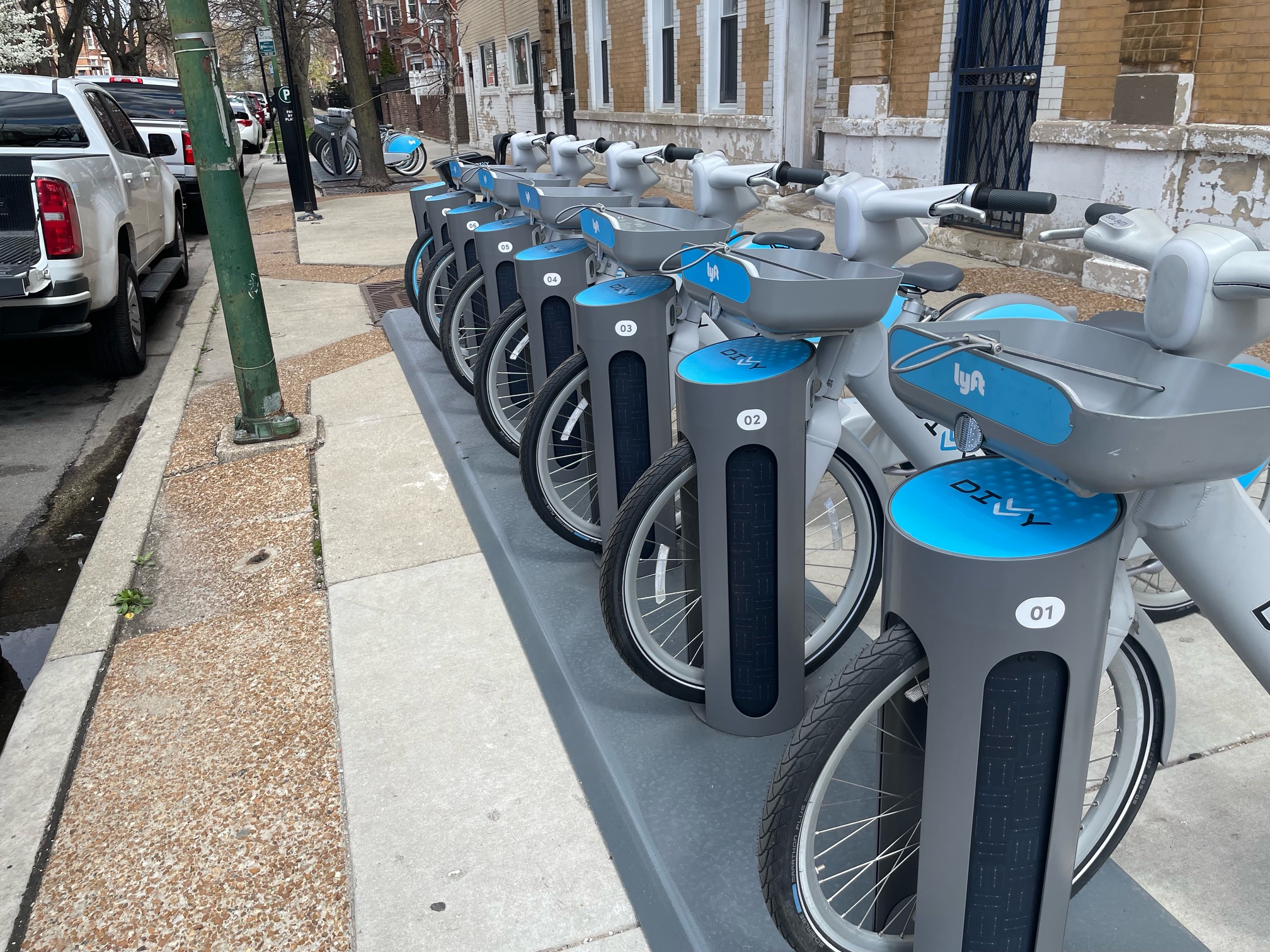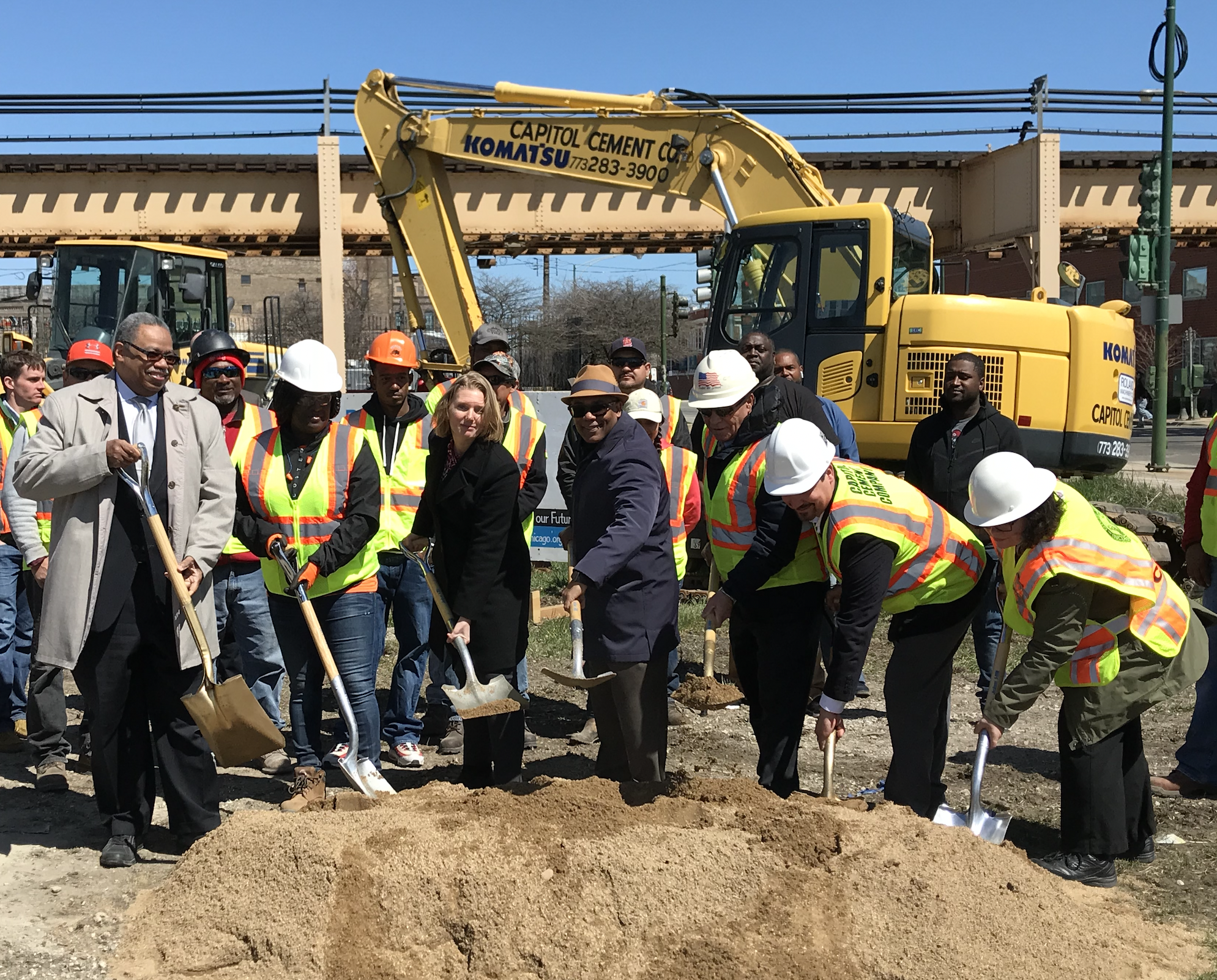Metra’s final 2023 budget sticks with fare status quo
5:55 PM CST on November 15, 2022

A Metra train at McHenry station. Photo: John Greenfield
It’s not often that the Metra board pushes back on a budget proposal, and it’s even less common for the budget that gets passed so be significantly different from what the staff originally presented. But both of those things happened this year.
The original Metra 2023 budget proposal called for doing away with the $100 Super Saver system-wide monthly pass, which effectively supplanted the zone-based monthly passes, and lowering the monthly zoned-based pass prices. While this would be a net fare decrease for commuters in the city and the nearby suburbs, it would be a fare hike for the rest of the region. Metra also called for doing away with $10 system-wide day pass and $6 day pass that’s good for up to three fare zones, and replacing them with what was basically the return of the Round Trip Plus pass, which cost the equivalent of two one-way tickets.
During the October 12 Metra Board of Directors meeting, directors representing the collar counties objected, arguing that it would make ticketing more complicated and fly in the face of the passes’ popularity. By the time the budget was released later that day, the press release and the budget document itself was changed to make it just one of the possible scenarios.
The final version of the budget presented during the November 11 meeting called for keeping the fares as they currently are at least through the end of 2023. The directors proceeded to pass the budget unanimously, because they agreed that it was right decision for the railroad. But the board hasn’t ruled out making changes in the future – and, there is a broad agreement that the fare system could be better.
The Fares
At $100, the Super Saver Pass is cheaper than all regular fare zone-based monthly passes. On Metra Electric and Rock Island District lines, all riders are charged reduced fares under the Fair Transit South Cook fare pilot. Those riders can buy a $70 reduced version of the Super Saver which only works on the two lines, or a $100 pass which would work system-wide.
When the $30 Link-Up Pass is added to it, it becomes what has been a Chicago public transit holy grail – a monthly pass that works on every form of public transportation in the region. The pass has been popular in terms of both ticket sales and share of ridership. According to the November 11 ridership report, the sales of monthly passes have tripled in October compared to June, going from 10,141 tickets to 30,703 tickets. The sales of day passes have been dropping during the same period, but, as of October, they still account for 28.5% of all ticket sales, with 19.8% of all sales coming from the system-wide $10 day passes.
Under the original budget, the price of the zone-based monthly passes would be lowered to an equivalent of 16 one-way tickets – which would have been less than $100 for fare zones A-C and more than $100 from Fare Zone D onward. This means that riders in Chicago (except O’Hare Transfer Station) and the suburbs as far west as Brookfield and as far north as Wilmette would have paid less. But riders who used the day passes, even within fare zones A-C, would have paid more.
The proposed increase tried to strike a balance between making monthly passes more affordable and putting some more money in Metra’s coffers. While stimulus funding is currently filling the budget shortfalls, Metra estimated that, in 2025, Metra would spend the last %140.6 million - which would still leave it $52.1 million short. During the November 11 meeting, Metra chief financial officer John Morris said that the status quo fares would raise that gap to $54.3 million.
To further complicate the matter, under state law, Metra is normally required the get at least 50 percent of its revenue through fares in what is known as farebox recovery ratio. The requirement was suspended at the start of the pandemic, but the suspension is currently scheduled to expire in 2024. Metra estimates that its 2022 recovery ratio will be 43.5 percent, and the final 2023 budget assumes a 50 percent recovery ratio. Morris noted that Regional Transportation Authority (RTA) is lobbying the state to eliminate the recovery ratio altogether.
The directors agreed that keeping the fares as is was necessary to help bring back riders, and that they couldn’t fill the gap with fare increases alone. Director Stephen Palmer, who represents the western suburbs, some of which fall within fare zones B and C, said that “We know that right now, we made the right decision for the time that we’re in and the environment that we're in.”

Director Joe McMahon, who represents Kane County, said that Metra staff met with him and other directors to address their concerns, and he was happy with the final budget.
“I know last month, there were some questions that were raised about the budgets presented, and I appreciate you listening to our concerns,” he said.
Director Paul Ruffin, who represents south suburban Cook County, which falls within the Fair Transit South Cook fare pilot area, said that he believed that the status quo fares will be better for less well-off riders.
Director Ken Kohler, who represents McHenry County, said that, earlier that month, Morris and RTA executive director Leanne Redden gave a presentation in the county showing that raising fares alone wouldn’t address the impending deficit. He said he felt that it validated his long-held argument.
“There’s going to be a big deficit that’s going to be out there, and we realized that we couldn't fill that revenue with ticket sales,” Kohler said. “That’s impossible, no matter what scenario you ran.”
Other announcements
Later during the meeting, Metra executive director Jim Derwinski announced that “new schedules are coming” for Union Pacific West line, the two Milwaukee District lines, and North Central Service and SouthWest Service lines. The later two are especially notable, since they are still operating far below their pre-pandemic service frequency, and SouthWest Service still hasn’t gotten its Saturday service back.
Gillis told Streetsblog didn’t directly confirm service increases, he mentioned that Metra was only recently about to hire and train enough engineers and conductors to get closer to pre-pandemic levels of staffing.
Koehler said that he would like to see more intermediate options for outbound Union Pacific Northwest evening trains. Under the current schedule, evening trains leave every hour on weekdays and Saturdays, but they only go as far as Crystal Lake. For riders wishing to travel to Woodstock and Harvard, there is a nearly three-hour schedule gap on weekdays and a two-hour schedule gap on Saturdays.
Derwinski also announced that, for the first time since 2008, Metra will have a Holiday Train of its own. It will run on MED on the first three Saturdays of December. While Derwinski didn’t give the exact time and routing (after all, MED has three branches), he said that riders will need to buy special tickets that will only be on sale at ticket offices at MED and RID lines.
“I have to emphasize - that is a pre-paid event,” he said. “We’re looking at 600 seats available, we’re going to put those tickets on sale very, very shortly.”
Stay in touch
Sign up for our free newsletter
More from Streetsblog Chicago
It’s electric! New Divvy stations will be able to charge docked e-bikes, scooters when they’re connected to the power grid
The new stations are supposed to be easier to use and more environmentally friendly than old-school stations.
Today’s Headlines for Tuesday, April 23
Communities United: Reports of Bikes N’ Roses’ death have been greatly exaggerated
According to the nonprofit shop's parent organization, BNR has paused its retail component, but is still doing after-school programming and looking for new staff.
Pressure is mounting to replace embattled CTA President Dorval Carter
Here's a look at what elected officials and other media outlets have said about the issue recently.



